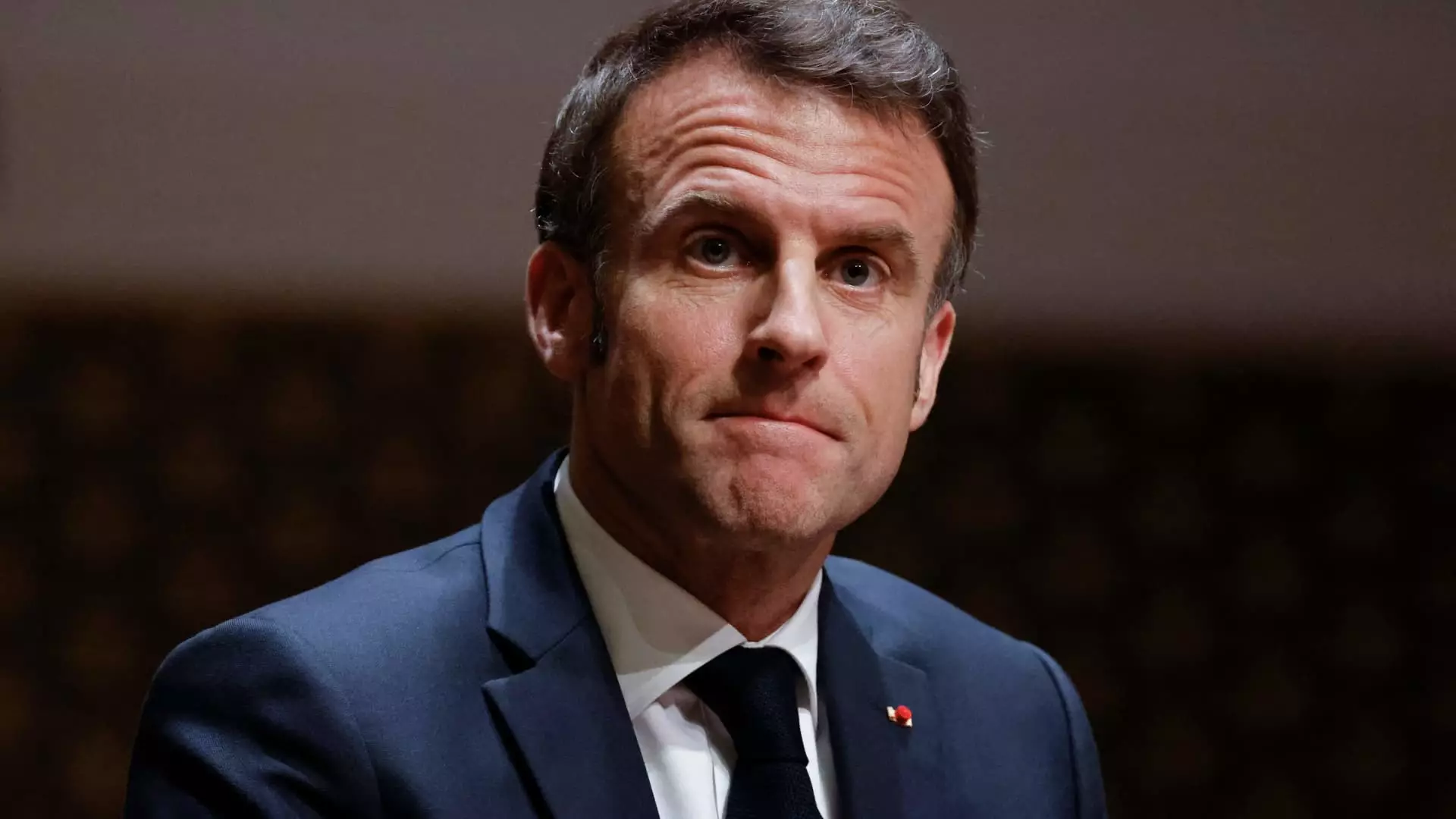The first round of the snap parliamentary election in France has revealed a significant surge in votes for the anti-immigrant National Rally party. Early polling data indicates that National Rally (RN) secured 34% of the vote, while the leftist New Popular Front (NFP) alliance received 28.1% of the votes. Surprisingly, President Emmanuel Macron’s centrist Together bloc came in third place with 20.3% of the vote. These initial projections are based on samples of actual results taken from polling stations that closed earlier in the afternoon, with a clearer picture expected to emerge later in the evening.
Candidates in the French parliamentary election are only elected in the first round if they receive an absolute majority of votes and garner more than 25% of the registered local electorate’s support. If no candidate meets these criteria, a second round of voting is held, listing the top two candidates and any others who secured more than 12.5% of registered voters’ support. The candidate with the largest number of votes in the second round wins the seat. Analysts suggest that the second round of voting on July 7 will be crucial, as it will determine the final composition of the parliament.
Implications for Macron and National Rally
The unexpected results of the first round of the election have raised questions about the future political landscape in France. While Macron’s centrist alliance faced a setback, the National Rally party is poised to secure a significant number of seats in the parliament. Despite the absence of an outright majority in the initial round of voting, projections indicate a potential hung parliament, leading to a period of political and economic uncertainty in the country.
Should no party win an absolute majority in the final vote, Macron may face pressure to elect a new prime minister from the National Rally party. The appointment of RN’s 28-year-old President Jordan Bardella as the new PM could significantly impact France’s domestic and economic policies, while Macron would retain control over foreign affairs and defense. The prospect of a “cohabitation” government has raised concerns among economists about the implications for the euro zone’s second-largest economy.
President Macron surprised many when he called for a snap parliamentary election following his party’s disappointing performance in the European Parliament elections. This move was seen as a risky gamble, with Macron hoping to rally support against the far-right National Rally party. However, the initial results suggest that Macron’s political rivals have been emboldened, signaling a potential shift in the country’s political dynamics.
The first round of the French parliamentary election has set the stage for a contentious second round of voting, with implications for the future of Macron’s leadership and the rise of the National Rally party. The outcome of the election will not only shape the country’s political landscape but also have broader implications for the euro zone and beyond.


Leave a Reply